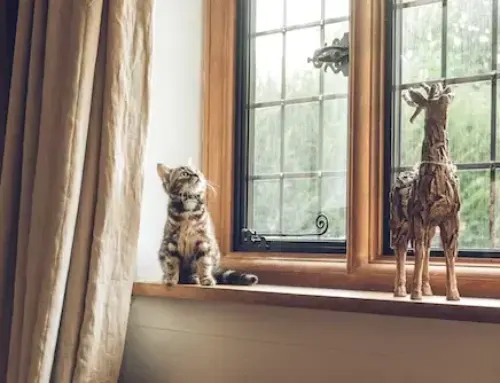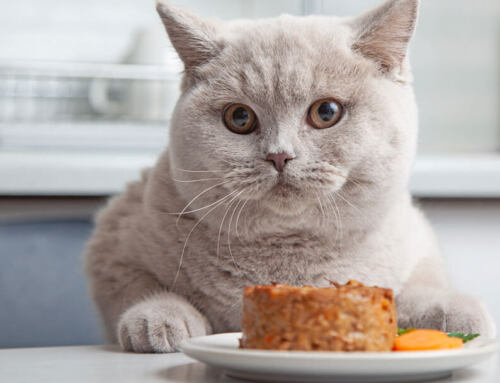Cats live longer. Immunizations and therapeutic drugs have allowed cats to survive to 15 or 20 years old. Going outside affects your cat’s lifespan. Indoor cats live 12–18 years. Many may reach their early 20s. Crème Puff, the oldest cat ever, lived 38 years. Outside cats live shorter lives due to traffic accidents and dog attacks. Fighting spreads lethal infections like Feline Immunodeficiency Virus (FIV) and Feline Leukemia, making them more common in outdoor cats.
What’s the Average Lifespan of a House Cat?
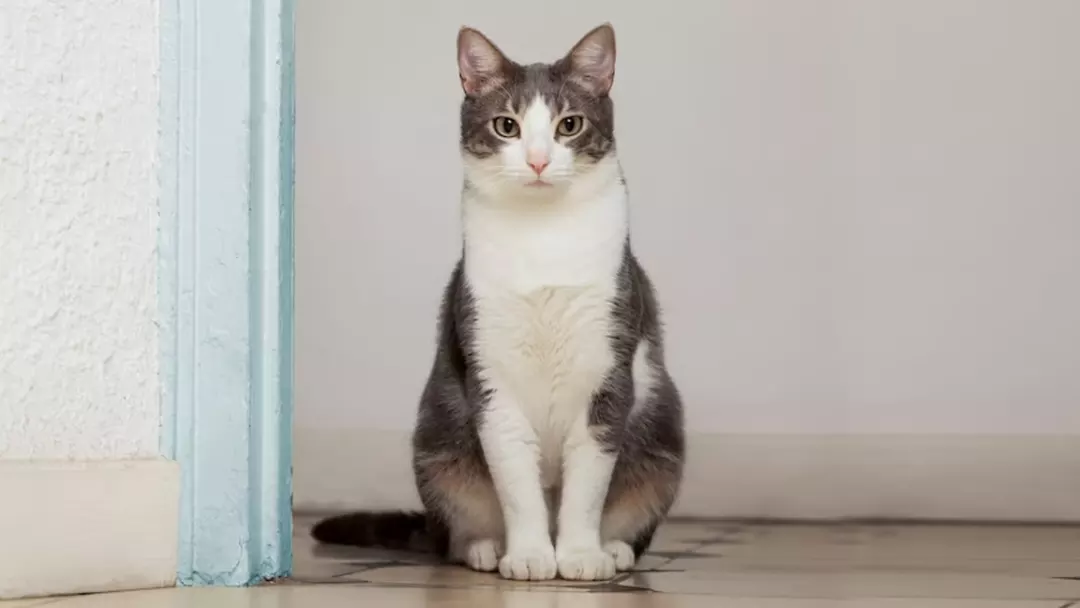
House cats typically live 15 years, although breed, genetics, diet, lifestyle, and medical care might affect their lifespan. Cats can reach their late teens or early twenties with good care, nourishment, and veterinary visits. Some cats suffer health conditions that reduce their lives. Indoor cats live longer than outside cats due to less threats such traffic accidents, animal battles, and sickness. To keep your cat healthy and happy, provide the greatest care. This includes a balanced diet, regular exercise and playtime, and regular vet visits.
Average Life Expectancy of Cats
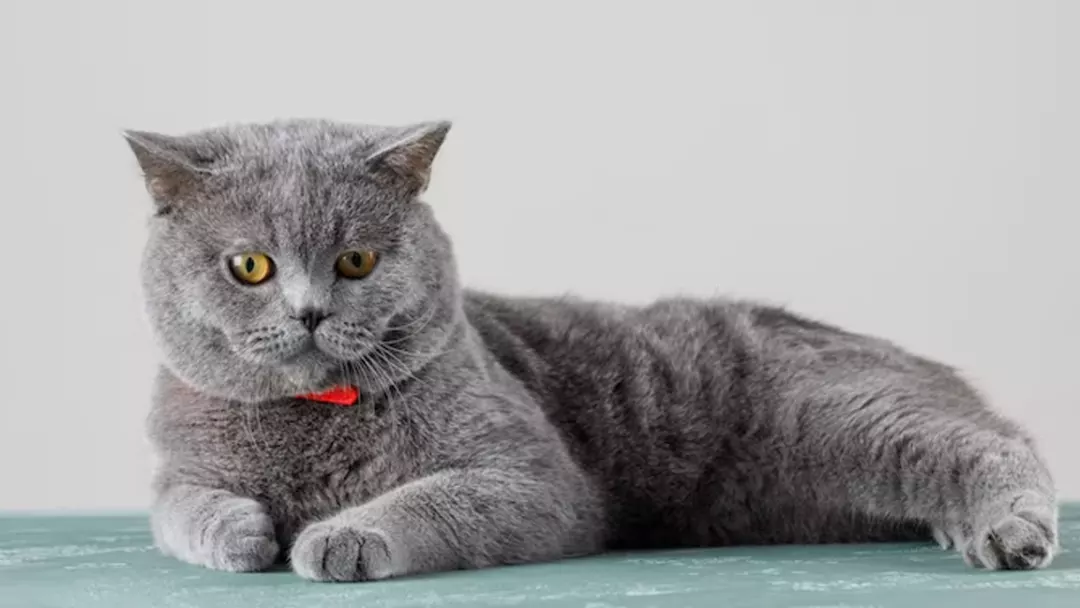
Cat owners naturally question how long their furry buddy will live with them. A cat’s predicted lifespan can illuminate their current state and prepare you for the challenges of caring for an ageing cat. Data can estimate cat lifespan. Breed and indoor/outdoor lifestyle affect your cat’s lifespan. These characteristics can help us estimate our cats’ lifespans.
Cat owners often ask, “Do indoor cats live longer?” when deciding whether to let them outside. Indoor cats live 10–15 years, but outdoor cats live 2–5. Indoor cats live longer than outside cats due to less risks.
Factors That Influence the Average Lifespan of Cats, Such as Breed, Genetics, and Lifestyle
Cat species have different lifespans. Diet, exercise, health, and breed affect cat longevity. To determine your pet’s lifespan, check cat breed lifespans. Cat hairiness varies. Cats’ lifespans vary like dogs’. Some cat breeds live 30, others 12. Wow! Food, exercise, and preventatives like Heartgard, Revolution, and Advantage Multi for Cats affect your cat’s lifetime more than heredity. Their breed’s lifespan. Average cat ages.
Dietary cats live longer. Protein-rich, carbohydrate-limited cat diets prolong life. Healthy cats need regular vet appointments. Vaccinated, parasite-free, and dentally maintained cats age less. Cats can live longer with early diagnosis and treatment.
Early Life Stages
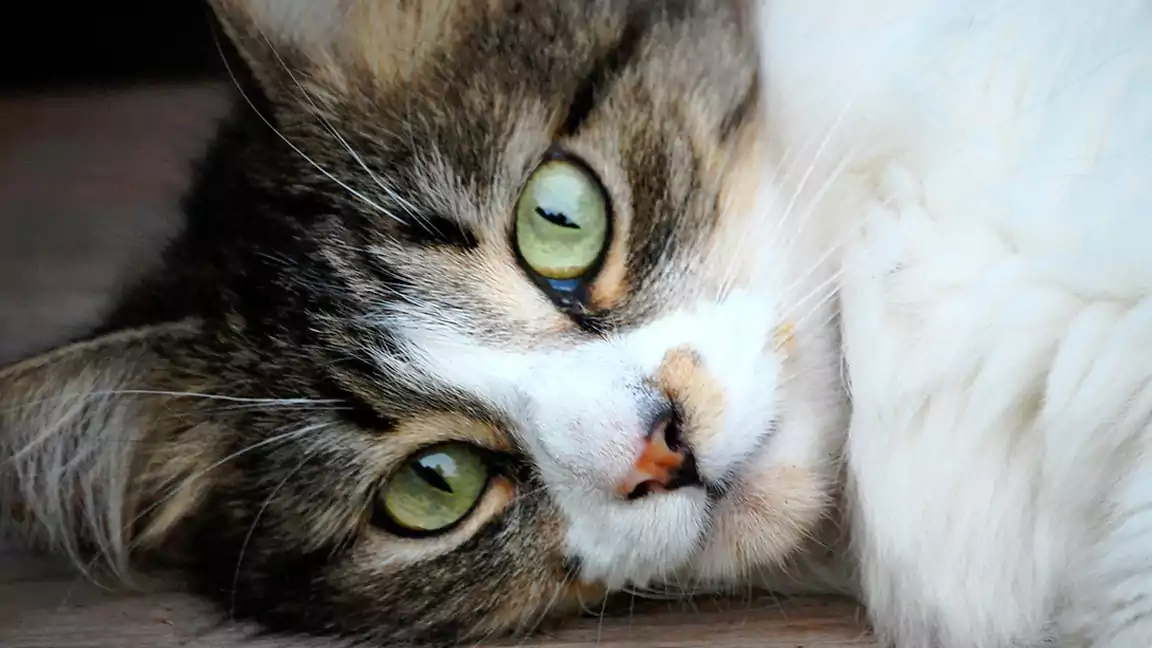
Information on the Importance of Early Care and How it Can Affect a Cat’s Lifespan
Annual exams and immunizations prevent many cat health issues. Immunizations prevent deadly feline leukaemia. Early detection and treatment improves outcomes. If your cat is sick, early detection and treatment are frequently the keys to a good outcome. Early kidney and hyperthyroidism treatment is easier. Early treatment can stop the disease and improve the cat’s quality of life. Early intervention helps cats live longer and happier. Early therapy can eliminate or lessen symptoms. Cared-for kittens are more likely to become healthy, happy adults.
Kitten Development and Growth Stages
Cats socialize kittens. Kittens mimic their mothers’ stranger-responses. Talk, play, and pet your kitty daily. . Abandoned kittens suckle oddly. Kittens need 12 weeks with mothers, siblings, or positive adult cats. Orphaned kittens don’t learn how to communicate, what an inhibited bite means, how far to grapple, etc. Play teaches kittens. . Kittens receiving 15–40 minutes of care have bigger brains at seven weeks. Curiosity, humor, and excitement make them great pupils. Skills might fade. Post-kitten cats’ minds grow. Two-year-old kittens.
Vaccinations, Feeding, and Grooming Recommendations for Kittens
Before joining your household, kittens need multiple vaccinations. At 6 and 8 weeks, the kitten should receive vaccines every three to four weeks until 16 weeks. All kittens should have the FVRCP (calicivirus, panleukopenia, and rhinotracheitis) and rabies vaccines. For their rapid growth and development, kittens need high-quality kitten food. Instead of two big meals, kittens need several smaller ones. Give your cat clean water. Don’t give your kitten milk or dairy products because many cats are lactose intolerant.
A kitten’s coat and hairballs need regular grooming. Brushing your kitten daily removes stray hairs and prevents matting. Your kitten may need regular nail clipping and ear cleaning. Start grooming your kitten early to get it used to it.
Adulthood
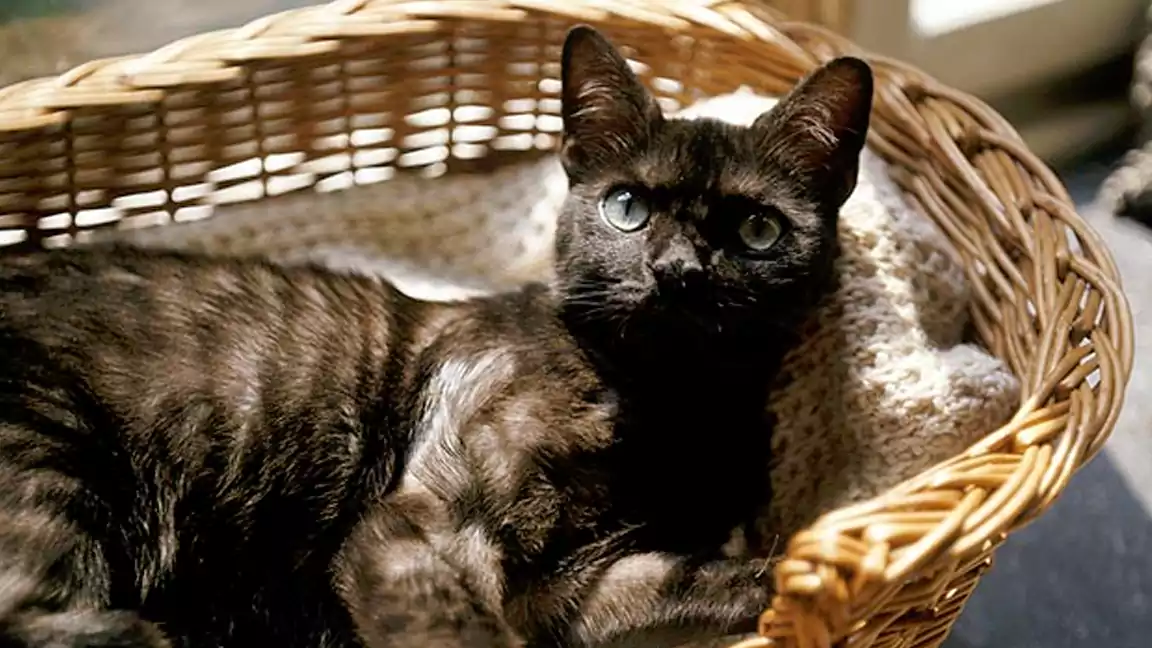
Description of the Different Life Stages of Adult Cats
As a cat owner, it’s important to be aware of the various stages your cat will go through over its lifetime. Understanding the life stages of a cat is useful since it explains why your cat acts a certain way at different times. Knowing how to care for them appropriately at each stage is also essential. Three to six-year-old felines are roughly similar to humans aged 30 to 45. At this point in their lives, cats have well-established routines and character traits. Because of this, they will have trouble adjusting to new routines if they have not been properly socialized and are not used to change.
Common health Issues That May Arise During This Period
Senior cats develop certain illnesses. Dental disease is common now. Tartar, gum inflammation and tooth decay in cats can cause pain, difficulty chewing, and other difficulties. Senior cats also have kidney problems. Kidney dysfunction causes waste buildup. Kidney disease causes excessive thirst and urination, decreased appetite, and weariness. Senior cats can have arthritis, hyperthyroidism, and cancer. Routine veterinary checkups will help your older cat discover and treat health issues.
Tips for Ensuring a Healthy Adult Cat Lifestyle
Cats need human interaction and care despite their independence. Adult cats need a balanced diet. Your vet can recommend a diet for your cat based on its age, weight, and health. Controlling how much you eat can prevent weight gain and other health problems.
Adult cats need mental and physical stimulation too. Keep your cat occupied with lots of scratching posts and toys. Playing with your cat regularly also builds trust and affection. Provide your cat several cosy places to sleep and relax.
Senior Years
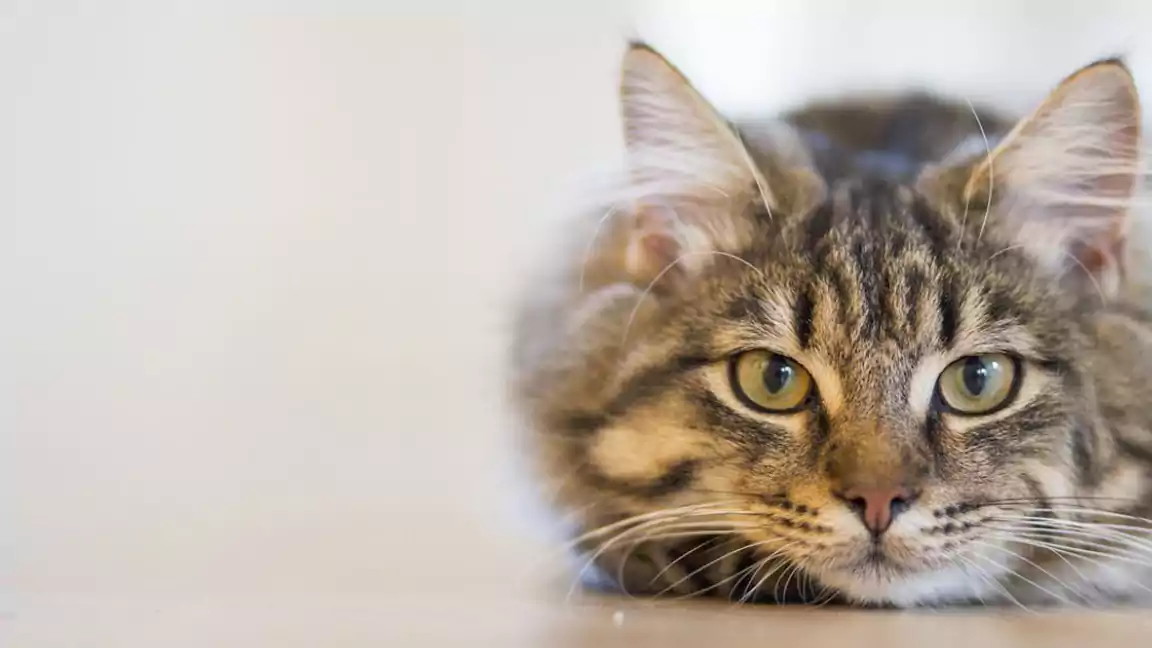
Information on What to Expect as a Cat Enters its Senior Years
Lance, my cat of 15 years, is curled up next to me on the couch as I type this. Because he is the eldest of my four cats and because we have spent so much time together, he holds a particular place in my heart. The experience I gain from taking care of him validates the advice I give to others who share their lives with elderly cats and wish to give them the finest care possible. The four pillars of optimum care for older cats are owner observations and attentiveness, regular veterinary exams, and wellness testing.
Mature or middle-aged cats are those between the ages of 7 and 10, senior cats are those between the ages of 11 and 14, and geriatric cats are those between the ages of 15 and 25 according to the American Association of Feline Practitioners (AAFP) Senior Care Guidelines.
Common Age-Related Health Issues That May Arise
Disturbance of Hearing
Presbycusis, or age-related hearing loss, and an increase in cerumen production both contribute to diminished hearing as we get older. Hearing impairment is highly correlated with a lower quality of life, and its incidence rises with age and the accumulation of risk factors. One in two people over the age of 85 suffer from some form of hearing loss. Processing speech can be hampered even by mild hearing loss if the speech is especially fast or if there are many people talking in a large room.
Tips for ensuring a healthy senior cat lifestyle, including diet and exercise
With proper care and luck, cats can live to 20. As cats age, their physical and mental health needs change.
Treat your older cat’s diet.
Older cats have distinct diets and behaviors. Your cat’s weight is more important than ever for good health.
Provide your older cat with canned food and various water basins to encourage hydration.
Your elderly cat may be unable to reach the counter-top food and water dishes. Put water bowls and pet fountains around the house to get your elderly cat to drink more.
Cats’ Mild Pain Indications
Cats never reveal their pain. Most cat owners don’t know that nine out of 10 senior cats have arthritis when X-rayed.
Care for your cat’s teeth.
Older cats often have dental issues. Painful tooth decay, broken teeth, gum disease, and oral tumours can lower a cat’s quality of life. An oral infection that enters the circulation can damage the liver, kidneys, and heart. Elderly cats need specific dental care.
Factors that Affect Feline Life Expectancy
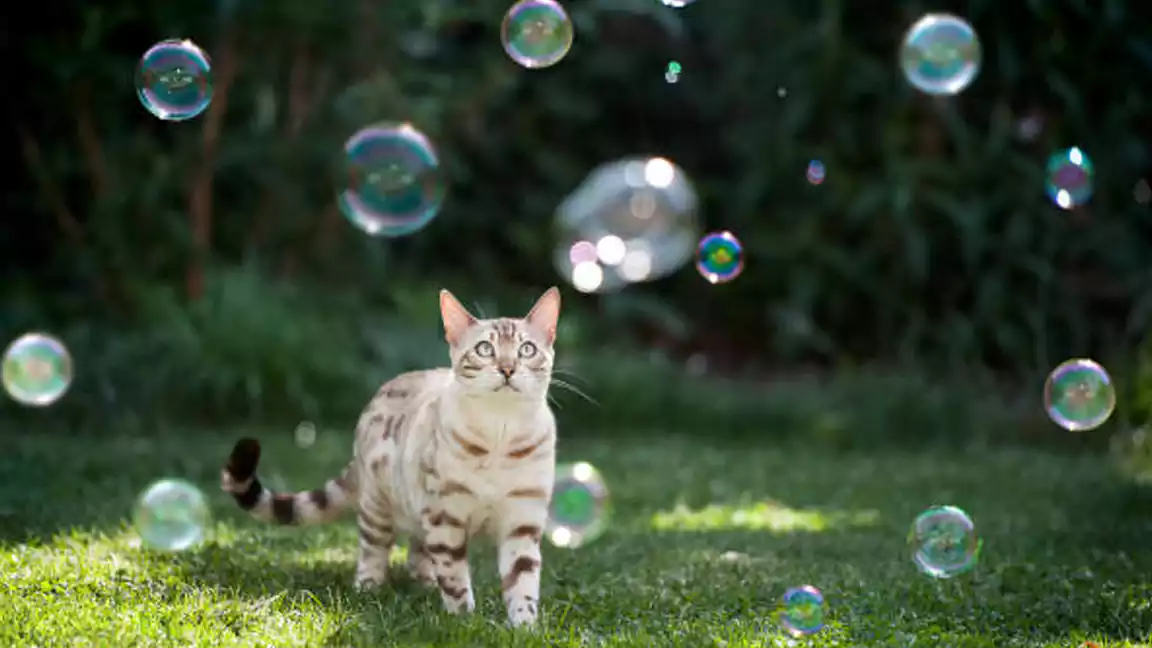
Discussion on Different Factors That Can Impact a Cat’s Lifespan, Including Genetics, Lifestyle, Nutrition, and Healthcare
Cats, like humans and other animals, have a finite lifespan. Cat longevity is affected by the following: Genes affect cat lifespan. Siamese and Manx cats live longer. Due to hereditary predispositions to diseases and health difficulties, some cats live shorter lives.
Food quality affects a cat’s lifespan and health. Cats need protein, fat, and few carbs. To avoid obesity and other health issues, feeding a cat a high-quality, balanced food can increase its longevity. To detect and address health issues early, your cat should visit the vet often. Immunizations, parasite treatment, and dental hygiene improve longevity.
Tips for Ensuring a Long and Healthy Life for Cats
As pet owners, we share a common desire for our feline companions to enjoy a long and healthy life. The good news is that you can provide a healthy environment and diet for your cat, which will increase her longevity and quality of life.
Help your cat live a long and healthy life by crate training him or her, grooming him or her every day, brushing his or her teeth regularly, and taking him or her to the vet often. Moreover, it is recommended that cat owners look for a veterinarian whose perspective aligns with their own.
How long do cats live?
How long do cats live for? Cats live about 15 years, depending on breed, genetics, diet, lifestyle, and medical care. Bengals and Sphynx live shorter than Siamese and Persians. Cats can reach their late teens or early twenties with good care, nourishment, and veterinary visits. Some cats suffer health conditions that reduce their lives. To keep your cat healthy and happy, provide the greatest care.
How old is my cat?
You may estimate your cat’s age by counting the years since its birth or adoption. Physical and behavioral signs can help you estimate your cat’s age. Cats start showing indications of ageing around 7-10 years old, such as a decrease in activity, changes in food or weight, and facial and paw hair greying. If you’re still unclear about your cat’s age, a veterinarian can evaluate them and estimate their age based on their health and condition.
How many life does a cat have?
Like humans, cats only live once. Some cultures believe cats have numerous lives, although this is a fallacy. To keep your cat healthy and happy, give them proper care. This includes nutritious food, regular vet visits, plenty of exercise and playing, and a safe and pleasant environment. Doing so can help your cat live long and happy.
Conclusion
Every cat owner hopes their pet lives long and happily indoors. You may help your cat live until her early 20s by following these tips. To give your cat the best care and maximize its chances of a long, healthy life, you must understand what factors affect its lifespan. Genetics, environment, diet, and veterinary treatment affect a cat’s health and lifespan. A good diet, regular vet visits, and a stress-free environment will help your cat live long and happily.

